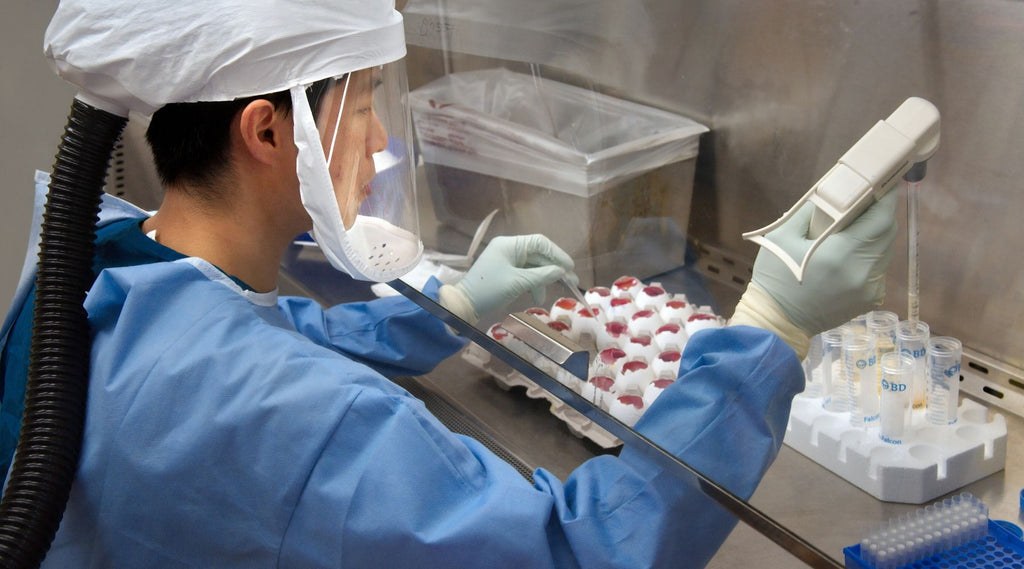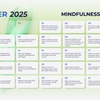Coronavirus: How to Protect Yourself and Your Family

Coronavirus, aka COVID-19, has become a global issue with over 90,000 infected to date. These staggering numbers combined with the official pandemic announcement have led to high stress levels in many people and families around the globe.
Learning to deal with stress is vital, as untreated stress leads to a depressed immune system. Excess stress directly affects one's sleep, focus and overall health levels. Unresolved stress can lead to a perpetual destructive pattern that is hard to break. To learn how to effectively manage stress, one must first understand how the stress response works.
When we’re stressed, our brain processes a complex set of risk factors. From body sensations to internal thoughts, to circumstances in our external environment, our brain makes rapid decisions about how to react to the perceived threat. The threat could be external, such as seeing a person coughing in public, or internal, we forget to wash our hands and fear catching COVID-19. These internal and external threats, trigger our stress response to turn on instantaneously, shooting our adrenaline through the roof. While this is a very good biological mechanism for survival, most of the time our lives are not at risk but this doesn’t stop the stress response from turning on. Regardless if we need the stress response or not.
It’s without a doubt that coronavirus has triggered our stress responses. Even if unaffected, the coronavirus has caused us to believe life is at risk with uncertainty with infection rates and the death toll entering the hundreds. To remain calm and in good health, it’s imperative to educate yourself on the virus and how you can protect yourself.
What is coronavirus? Coronavirus, otherwise known as COVID-19, is a pneumonia-like virus transmitted from person-to-person through respiratory droplets produced when an infected person coughs or sneezes. Those who fall ill with the virus are reported to experience coughing, fevers and difficulties breathing, and in severe cases, coronavirus has led to organ failure and even death. It’s important for infected persons to stay indoors and avoid contact with other people like with the common flu. For those who’re not infected with coronavirus and wish to remain in good health, it’s important to take alternative measures.
You can protect yourself from coronavirus by:
Regularly washing your hands and avoiding hand-to-hand contact altogether.
Avoid touching your eyes, nose, and mouth as much as possible.
Coughing and sneezing directly into your elbow as opposed to your hands.
Staying home if you’re sick and avoiding close contact with anyone who is sick, regardless of if they’ve been infected with coronavirus or not.
Getting your flu shot.
It’s important to not stress about coronavirus. Stress will affect your overall physical and emotional health, which will ultimately increase the chance of being infected with the coronavirus. Protecting yourself from coronavirus may go beyond the recommended handwashing and translate to simple calming techniques such as meditation or the use of bilateral stimulation devices such as TouchPoints. Advances in neuroscience have shown that using these bilateral stimulation devices can turn off the stress response just as easily as it’s turned on. For more ideas on how to avoid stress and stay calm during COVID-19, click here.
A vaccine for COVID-19 is already in the works but with trials, testing, approval, and scaling up production of the vaccine, it may not become widely available for at least a year. It’s important to educate yourself and take the necessary steps to remain calm as we all work together to control this outbreak.
-
Posted in
Stress




